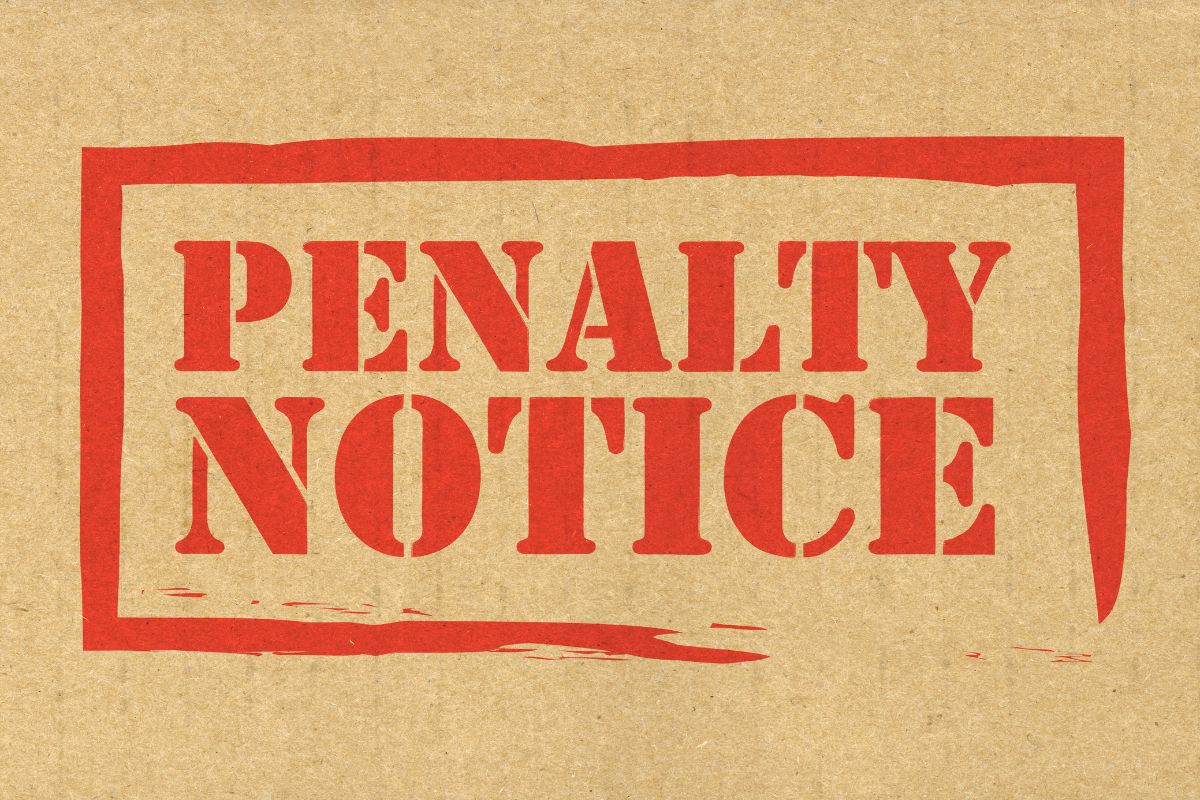If you own or operate an interpreter business, you know it is hard work to get the business up and running. Even after those precarious first couple of years, there is still an enormous amount of effort that must be poured into your business to make sure it continues to operate properly and continues to be profitable. To make it profitable, you depend upon your clients to pay in a reasonably timely manner. Working with other small businesses or even law firms, you may be able to get a hold of the person in charge of paying invoices relatively easily. This often changes, however, when you are trying to force a huge insurance carrier to timely pay an invoice for services rendered. There are times, however, when you can get penalties and interest for a carrier’s delay in paying your invoices.
The California Labor Code discusses a variety of different times when it may be appropriate for an interpreter to receive penalties and interest for a carrier’s delay in payment. One of those times can be when payment for treatment bills is unreasonably delayed. California Labor Code 4603.2(b) provides that payment for the services is due within forty-five days of receipt of the itemized bill. If the carrier fails to pay within that time period, the statute provides the amount due “shall be paid at the rates then in effect and increased by 15 percent, together with interest at the same rate as judgments in civil actions retroactive to the date of receipt of the itemization.” There are, of course, exceptions to this general rule. In order to be eligible for these penalties and interest, you must submit the proper documentation to the carrier of services provided. If you do not provide the proper itemization and documentation of the interpreter services you provided, the time limit on the carrier does not begin to run. Moreover, be advised that a carrier may choose to challenge a portion of the cost for the service you provided or even challenge paying it at all. If the carrier chooses to challenge, then full payment within the forty-five days does not apply during that challenge process.
Another time described in the CA Labor code wherein you may apply for and receive interest and penalties is when payment for medical-legal bills are unreasonably delayed. California Labor Code 4622(b) provides that all medical-legal expenses shall be paid within sixty days of when the carrier receives the separate, written invoice and report. Note that like with the treatment bills, you must first submit your invoices properly before that time begins to run. If the carrier fails to pay within the time as described, “hat portion of the billed sum then unreasonably unpaid shall be increased by 10 percent, together with interest thereon at the rate of 7 percent per annum retroactive to the date of receipt of the bill and report by the employer.” The law provides opportunity for contesting these invoices and also time limits for paying after an appeal, so, again, that sixty days is not absolute.
Note that both types of failures can be leveraged into attorney fee recovery under board rule 10421. This rule provides for recovery of attorney fees when the carrier exhibits unreasonable delay in paying or shows bad faith tactics in an attempt to not pay on time or even at all. Bad faith tactics can be shown by violation of the payment statutes.
If you have questions about workers’ compensation and your interpreter business, contact us today. We can talk with you about the steps to take to smooth future collection efforts. We have extensive experience helping our clients to timely collect their interpreter invoices.

